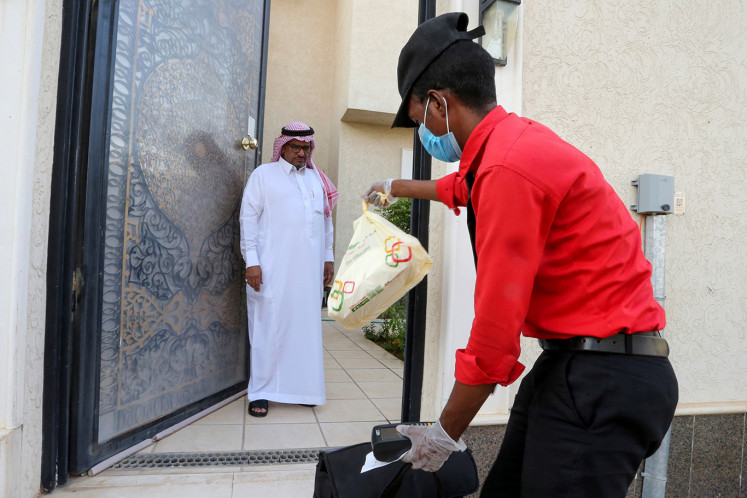There are no products in your shopping cart.
| 0 Items | £0.00 |


SAUDI Arabia has unveiled a radical economic revival plan involving the tripling of value added tax (VAT) and the suspension of monthly handouts to enable it recoup the heavy losses it as suffered as a result of oil prices collapsing and no religious pilgrimages.
By far the world’s largest petroleum products exporter, Saudi Arabia producers 12m barrels of crude oil a day, making it the primary determinant of global prices. However, due to the coronavirus pandemic, global demand has all but disappeared, severely depressing prices to the point whereby producers are making nothing from sales at the moment.
Religious pilgrimages are Saudi Arabia’s other man cash cow, generating $12bn for her economy annually but as a result of the lockdown, this revenue has also vanished. Saudi Arabia attracts about 7m visitors a year who perform the Hajj and Umrah pilgrimages and there were ambitious plans in the pipeline to boost revenue from this source to $150bn by 2022.
With the Covid-19 pandemic, however, revenue from both sources have totally dried up but Saudi Arabia has the seventh foreign reserves in the world, having stashed $472bn away for a rainy day. With neither the crude oil or pilgrimage sectors due to recover this year, Saudi Arabia has opted to replace revenue from both sectors from VAT and introduce a series of austerity measures.
According to treasury officials, this increase in VAT should boost state revenue by $26.6bn and the associated spending cuts should help keep public finances healthy. However, this austerity drive could stir public resentment amid an already high cost of living and intensify scrutiny of lavish multi-billion dollar state projects and expenditure including the proposed purchase of English football club Newcastle United.
Finance minister Mohammed al-Jadaan, said: “It has been decided the cost of living allowance will be halted from June 2020 and VAT will be raised from 5% to 15% from July 1. These measures are necessary to shore up state finances amid a sharp decline in oil revenue as the coronavirus pandemic saps global demand for crude.”
He added that the government was also cancelling, extending or postponing expenditure for some government agencies and cutting spending on projects introduced as part of the ambitious Vision 2030 reform programme to diversify the oil-reliant economy. Mr Jadaan warned of painful and drastic steps to deal with the double shock of the novel coronavirus and record low oil prices.
Saudi Arabia has shut down cinemas and restaurants, halted flights and although it has relaxed some lockdown measures, Mecca remains shut to the public. in 2018, Saudi Arabia along with other Gulf states, imposed a 5% tax on goods and services in a bid to generate additional revenue.
Of late, the Saudi government has also introduced handouts worth billions of dollars to citizens, known as the cost of living allowance, to cushion the impact of rising costs. However, savings from the new austerity measures are unlikely to plug the kingdom’s huge budget deficit, which the Saudi Jadwa Investment group said would rise to a record $112bn this year.
Riyadh has posted a budget deficit every year since the last oil price rout in 2014 and the International Monetary Fund has projected that the Saudi economy would contract by 2.3% this year. Mr Jadaan has said he expects the country to lose half of its oil income, which accounts for about 70% of public revenues.
He added that Saudi Arabia would borrow close to $60bn this year to plug the budget deficit. These austerity measures are likely to increase criticism of the government’s multi-billion dollar push to host entertainment and sporting extravaganzas as part of economic diversification plans.